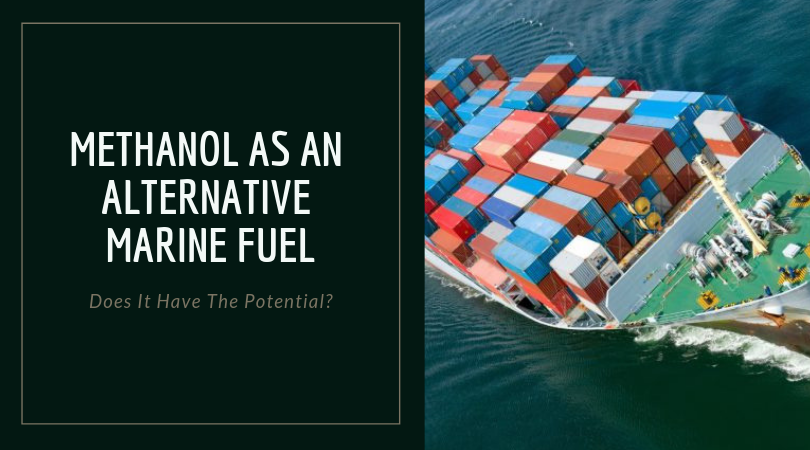Methanol As An Alternative Marine Fuel: Does It Have The Potential
The marine industry has been conducting a lot of research on discovering new, probable sources that can act as excellent substitutes for the conventional, marine fuels. Of recent, experts have reasons to believe that methanol can be a potential alternative and hence, is scheduled to be tested in Singapore. This project is being supervised by the Methanol Institute and Nanyang Technological University (NTU) of Singapore, which will be carried out in two phases. The main aim of this research-based project is to give shape to a proven, marine engine that is going to be installed in a harbour craft. There will be further tests to decipher fuel efficiency and its reliability as a fuel that promotes a low emission in the future.
The first phase of the project is dedicated to bench-testing the methanol-powered engine as appointed to the GreenPilot evaluation programme in the Gothenburg region of Sweden. Coming to the second phase, the engine will be transferred to Singapore for its immediate installation inside a harbour craft vessel for providing an active service for a sea trial of six months. Later, there will a ‘teardown’ of the methanol-fueled engine to apprehend its material compatibility and clearances. The overall expenditure of this pilot project is declared as $147,270 and it will take care of all the necessary expenses related to the engine installation, bunkering, training and subsequent sea trials. It has been decided that the gathered data will be distributed among the official observers that will aid in filling up the likely gaps in the general information about methanol.
Chris Chatterton, the Chief Operating Officer of the Methanol Institute, has commented on the subject that the project will serve as the perfect demonstration of how methanol is highly beneficial as a marine fuel. Chatterton has also highlighted the fact that the maritime players will now derive a clearer insight of utilizing methanol to its full potential as an alternative marine fuel. There are a few other projects, such as the SUMMETH project (Sweden) and the Methaship project (Germany) that are pretty similar to the above-mentioned GreenPilot project and has brought into limelight the positive fact that methanol works great as a marine fuel. Plus, methanol can be integrated into the engines at a comparatively lower cost and is devoid of any complexity or hazard. In fact, many small-sized ships can also incorporate the use of methanol and enjoy the advantages of reduced emissions.
The marine industry is always on the lookout for discovering a more sustainable alternative for the fueling the vessels and eventually reduce the harmful emissions for a brighter, eco-friendly environment. Chatterton is of the opinion that the methanol-powered vessels will enable the use of existing fuel tanks or ballast water tanks, which are chiefly meant for storage. Therefore, the risk of investment is pretty low as there will be no additional costs for new construction or even, conversion. Back in December 2018, the Maritime Safety Committee (as headed by IMO) had asked its subcommittees to reflect on the draft interim guidelines, regarding the safety of the vessels after the introduction of methyl/ethyl alcohol as fuel. It is expected that the subcommittees will come up with their decisions by the September month of this year. These guidelines are based on the various requirements for the installation, arrangement, and control of the modern equipment, so that the methyl/ethyl alcohol (as fuel) will not cause any danger to the safety of the particular vessel along with its crew. The guidelines have also put a lot of stress on how these fuel substitutes should not pose as a huge threat to our environment.


















